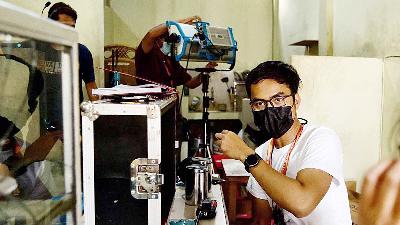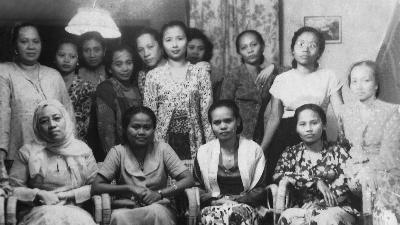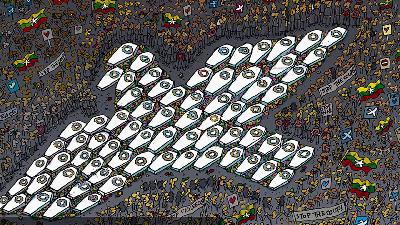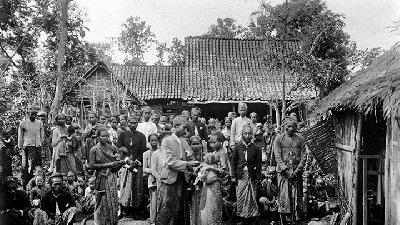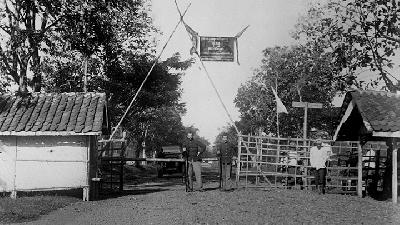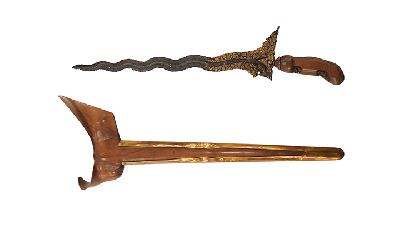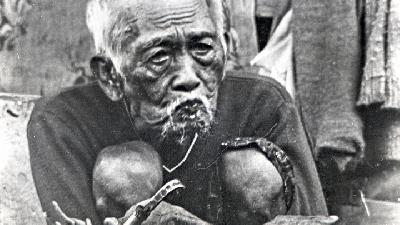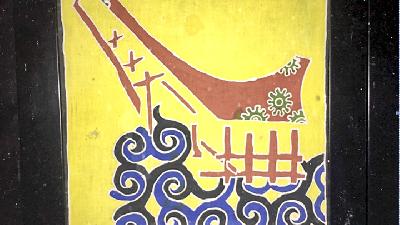CARTOONS have often been a source of controversies in many nations. Satiric jokes in the form of comedic images have offended people, often to the point of anger and retaliation. In 2015, France’s satirical weekly Charlie Hebdo became the target of shooting after it published cartoons of the Prophet Muhammad. The attack killed dozens, including the cartoonist. A decade before, in 2005, Danish newspaper Jyllands-Posten published an editorial cartoon depicting Muhammad as well, leading to international protests from Muslim communities. In Southeast Asia, things are not that much different. Three years ago, hundreds of supporters of the Islam Defenders Front (FPI) swarmed the office of Tempo in Jakarta. They protested a political cartoon in the magazine which they claimed insulted their leader. Southeast Asian’s growing democracy did not come with freedom of speech for its cartoonists. The police have arrested some of them, and many work under fear of persecution. In light of the situation, Malaysia’s political cartoonist Zunar and non-profit organization Hujah Ehsan are holding an online exhibition of the ASEAN Human Rights Cartoon Exhibition from May 3 to 30. The exhibition, titled Human Rights at the Homeland, features 100 critical cartoons by 37 cartoonists from Malaysia, Indonesia, Thailand, the Philippines and Myanmar.






